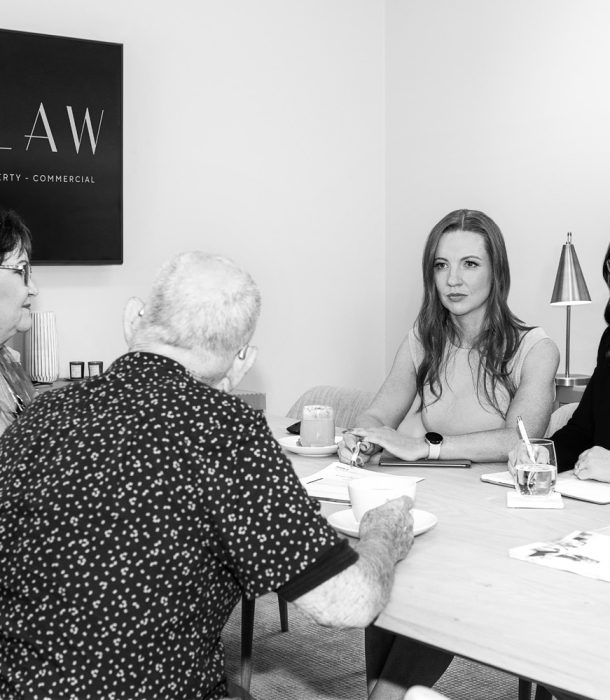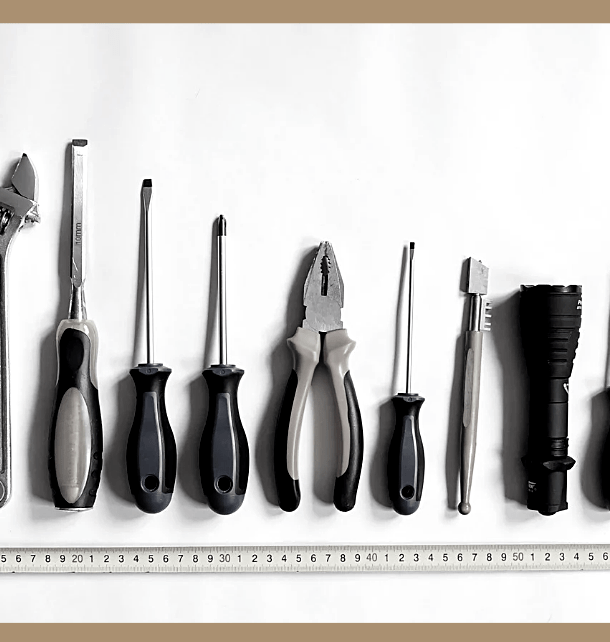What assets form part of my estate?
Understanding how an asset is owned is important from an estate planning perspective. This is because there are several ways an asset can be owned and not all of them will mean the asset will form part of your estate. For example:
Joint Tenancy
If you own an asset as joint tenants with another person, such as your home, that asset will automatically pass to the survivor upon your death. The asset will not form part of your estate.
In contrast, if you own an asset in your sole name or as tenants-in-common, your share in the asset will pass according to the terms of your will.
Superannuation
Superannuation benefits will not form part of your estate unless the trustee of your superannuation fund decides to pay the benefits to your estate, or you have completed a binding death benefit nomination stating your beneficiary is to be your legal personal representative (i.e. your executor).
Life Insurance
Life insurance benefits will only be paid to the nominated beneficiary of your policy. This means life insurance proceeds will only form part of your estate if you have chosen your legal personal representative as the beneficiary.
Assets held in a trust
Assets held by a trust do not form part of your estate. Trust assets can only be distributed by the trustee of the trust in accordance with the terms of the trust deed.
Subject to the terms of the trust deed, if you are the appointor/principal of the trust in your personal name, you may be able to nominate a successor in your will. The appointor/principal being the person who has ultimate control of the trust as they can remove and appoint a new trustee.
Assets held by a company
Company assets do not form part of your estate. You can, however, gift any shares you own in your personal name in a company (subject to the terms of the company constitution). If you are the majority shareholder in the company, this can have the effect of giving control of the company to the recipient and, in turn, control over the company assets.
If you are unsure whether you own an asset which will form part of your estate, please contact our office to speak with one of our solicitors.





